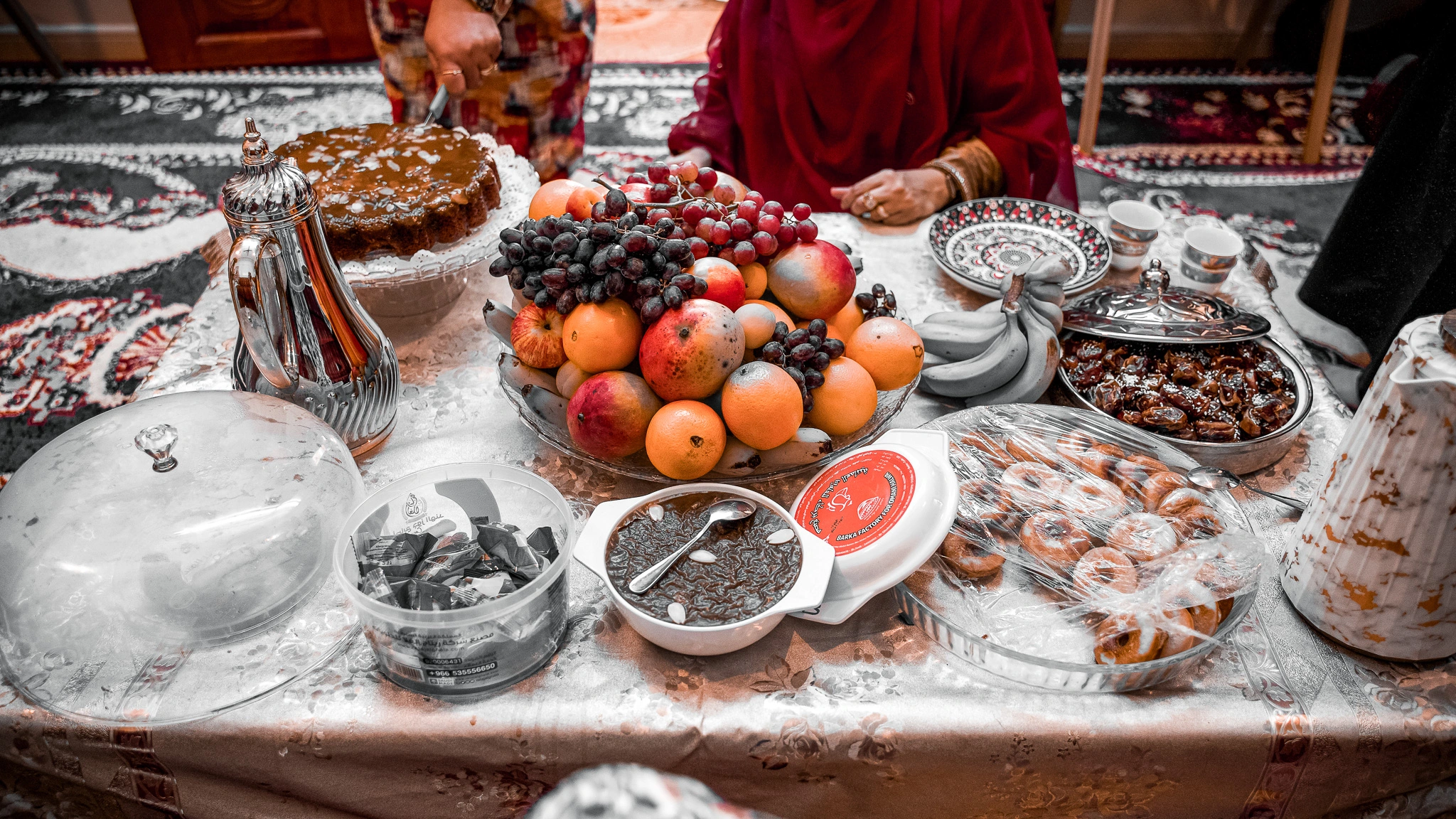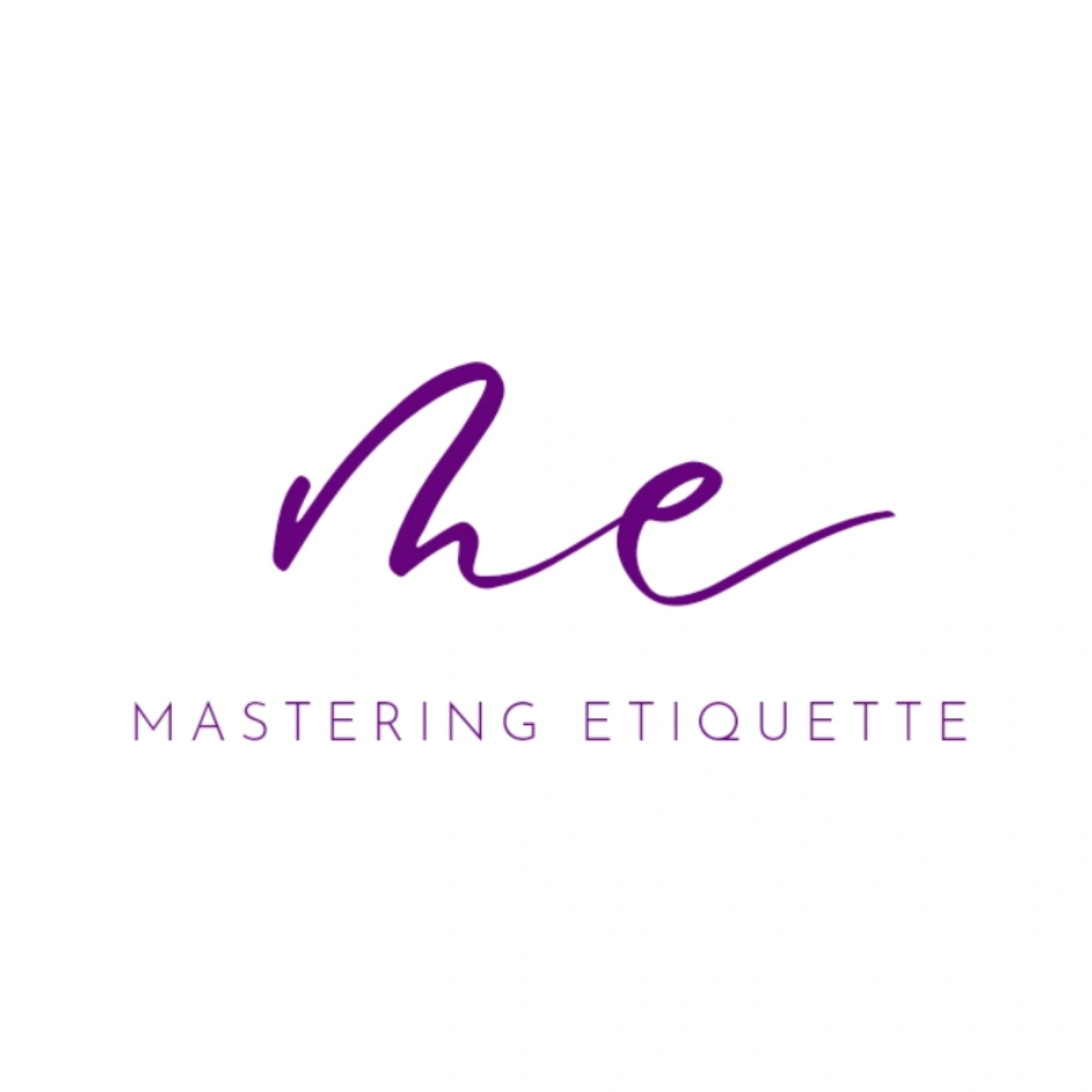Why Mastering Etiquette Matters
Etiquette might sound sophisticated, and by definition, you may think it’s not for you. The first thoughts that come to mind are often formal events, royal families, or outdated traditions that don’t seem relevant today. While it’s true that the world is changing rapidly—cultures are mixing as we travel, work in global companies, and interact with people from all walks of life—it can sometimes feel confusing to know what’s “correct” and what’s not. Simple behaviours and responses can be tricky, and without understanding the basics, they can even come across as misleading.

Why Mastering Etiquette Matters
But don’t worry, this isn’t about telling you what’s right or wrong—it’s about providing you with a simple guide to help you navigate different situations with confidence and ease. As I dive deeper into cultural differences, customs, and traditions throughout this blog, I want to start by offering a few everyday etiquette tips that can make your interactions smoother and help you show respect for others. Whether you’re at work, socialising, or simply running errands, these small gestures can leave a lasting positive impression.
Time When I moved to Switzerland, the concept of punctuality was elevated to a whole new level. In a country well known for watches and famously punctual trains, I quickly learned that being on time here is about far more than just showing up when expected—it’s a cultural cornerstone. The Swiss are known for valuing precision, reliability, and, above all, respect for time. This mindset is deeply ingrained in everyday life, from business to social interactions, and it’s something you’ll notice as soon as you step foot into the country. In business, meetings start and end exactly on time, and deadlines are taken very seriously. It’s not just a matter of being “on time”—being punctual often means arriving a few minutes earlier, than prior the scheduled time. People in Switzerland typically arrive early to prepare, get familiar with the environment, or even take a moment to relax and gather their thoughts before the meeting begins. It’s not just a sign of respect, but also a way to set yourself up for success.

Why Mastering Etiquette Matters
This practice often extends on to corporate settings as well. If you’re the host, it’s your responsibility to ensure that the meeting room is set up and ready for the encounter—everything from the seating arrangement to the necessary materials should be prepared in advance. These few minutes before the meeting begins is essential for making sure everything is in place and that you can greet your guests or colleagues with confidence and composure. You might wonder, “Why the extra few minutes?” Well, think about it: arriving a few minutes early allows you to acclimate yourself to the venue, especially if it’s a place you’ve never been before. It gives you time to get comfortable with your surroundings, organise your thoughts, or simply take a deep breath before diving into the conversation. It’s a small but powerful gesture that helps ensure the meeting starts smoothly. Punctuality is a reflection of a broader cultural emphasis on respect for others’ time. Whether it’s a meeting, a lunch date, or even a casual hangout, being on time is one of the easiest ways to show reliability, consideration, and professionalism. And this attitude isn’t unique to Switzerland—it’s recognised and expected in many parts of the world. Being punctual doesn’t just make you look good; it builds trust and strengthens relationships. Whether you’re in Switzerland or anywhere else, arriving on time is the least you can do. It’s an easy way to make a positive impression and demonstrate that you value the time of those you’re meeting. So, next time you’re preparing for an important meeting or casual get-together, remember: arriving a few minutes early isn’t just polite—it’s a powerful gesture of respect.
Politeness
During my recent trip to London, I was once again reminded of how the simple use of polite language can shape an encounter. The Brits have a natural, almost instinctive way of incorporating politeness into their conversations, which sets the tone and shows respect to the other person, no matter their background. It makes interactions flow more smoothly and helps prevent misunderstandings. Whether it’s something deeply ingrained in their culture or learned and practiced over time, simple words like “please,” “thank you,” “excuse me,” and “sorry” can go a long way in creating a respectful atmosphere. These small gestures reflect an awareness of social norms and help foster a positive environment.
One of the key aspects of British politeness is the emphasis on maintaining harmony in conversation. Phrases like “Sorry,” “Excuse me,” and “Would you mind…?” soften requests and reduce the chance of causing offence, particularly when dealing with sensitive topics. In international settings, this type of politeness acts as a diplomatic tool, making people from different cultural backgrounds feel at ease and preventing any discomfort.
Take, for example, when a British person asks, “Would you mind passing the salt?” instead of bluntly saying, “Pass me the salt.” It’s not just about formality—it’s about showing respect for the other person’s space and avoiding an imposition. This subtle approach helps smooth over interactions in multicultural environments, where directness might be seen as rude or too forward.
Try incorporating this kind of politeness into your daily interactions—whether on a train, at a coffee shop, or in a business meeting. It applies in all situations and with everyone. You may be surprised at how much positive energy you’ll receive in return.

Why Mastering Etiquette Matters
Silent communication
During my recent visit to Oman, I was struck by how body language plays such a significant role in communication and social interactions. What stood out to me most was the way people express themselves through gestures—how their hands seem to move so naturally and fluidly, emphasising their words and adding depth to their conversations. Whether they were explaining something in detail or simply chatting with friends, the use of hands seemed to enrich the communication, making their expressions more vivid and engaging. It’s a subtle yet powerful reminder of how body language can elevate an interaction, turning a simple exchange into something more connected and meaningful. (Adding extra layer of meaning)
I also noticed the way people carried themselves. Omanis have a distinct way of walking—slower but more deliberate and confident. There’s no rushing, no hurried steps, but a steady, composed pace that reflects a sense of inner calm and certainty. It’s a stark contrast to the often fast-paced, rushed demeanour seen in some other parts of the world. Omanis walk with purpose, yet there’s a grace and serenity in their movement, embodying a sense of confidence that doesn’t need to be rushed or overly assertive.
What truly impressed me, however, was their posture. Everywhere I went, people stood tall and straight—whether they were chatting with family in a coffee shop or conducting business in a meeting. It wasn’t just about appearing poised; it was a reflection of pride and respect for both themselves and the people around them. The posture of standing tall with shoulders back conveyed not only confidence but also humility, as if they were quietly asserting their dignity without any need for extravagance or outward display.
In Oman, these small yet profound aspects of body language tell you so much about the culture. The deliberate and confident pace, the fluid gestures, and the upright posture all work together to express respect, poise, and self-assurance. These gestures and movements aren’t just unconscious habits; they’re part of a broader cultural narrative where dignity, respect, and presence are paramount.
In essence, we need to understand that learning about etiquette isn’t just about following a checklist from an etiquette book. It’s about observing and incorporating the cultural practices of others into your own life. The aspects mentioned above, like punctuality, politeness, and body language, are foundational in many cultures and have been (so) for centuries. These practices are still incredibly relevant today, even as the world becomes more modern and technologically advanced. They offer a more conservative, yet proven, approach to living with dignity, respect, and class. By learning and applying these time-honoured traditions, you speak volumes about your manners and your ability to navigate the world with grace and respect, no matter where you are. Whether you’re in Switzerland, London, Oman, or anywhere else, understanding and applying these simple etiquette principles can help you navigate any situation with confidence and ease. It’s about combining the best of modern life with the timeless principles that continue to form the foundation of successful and respectful relationships
